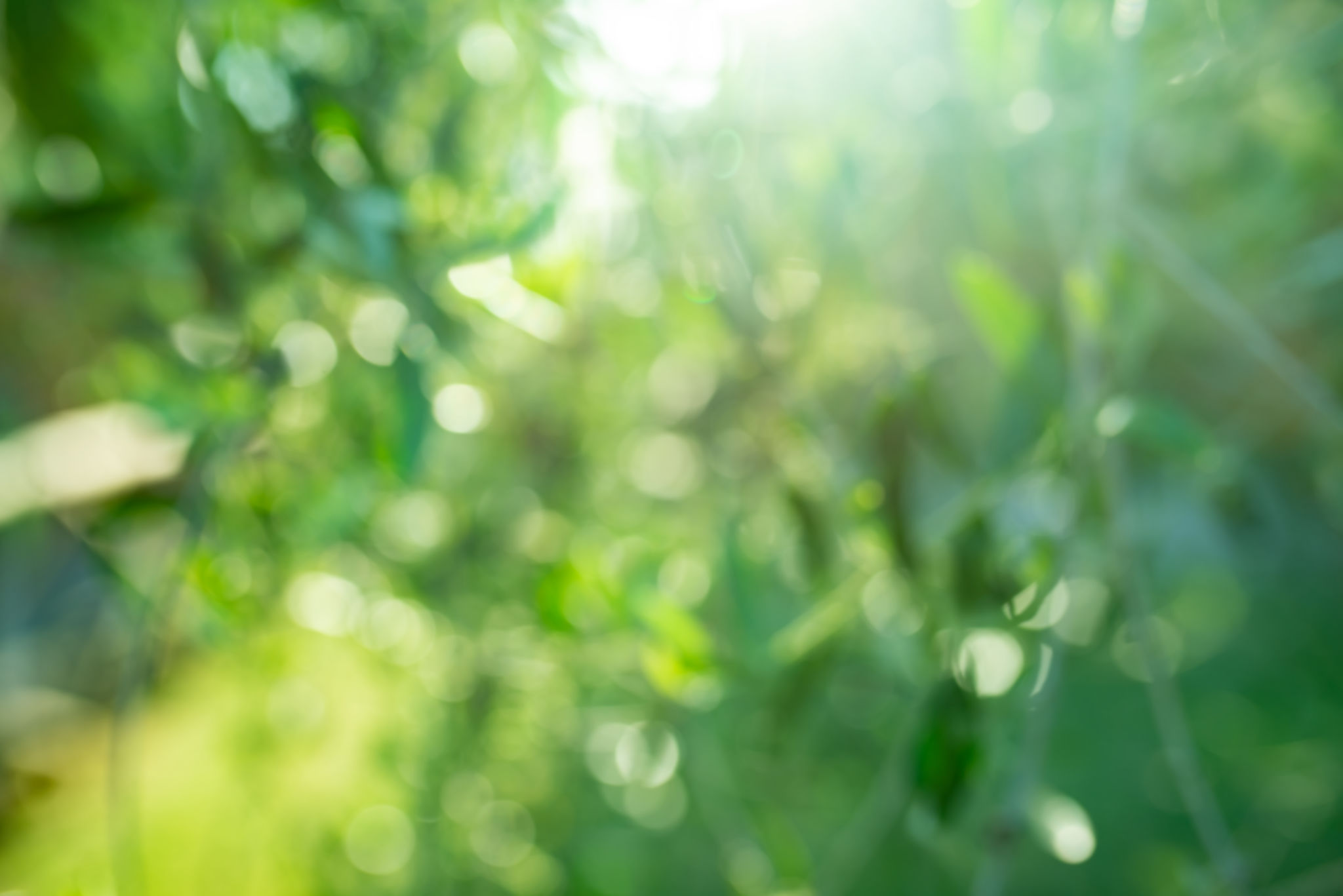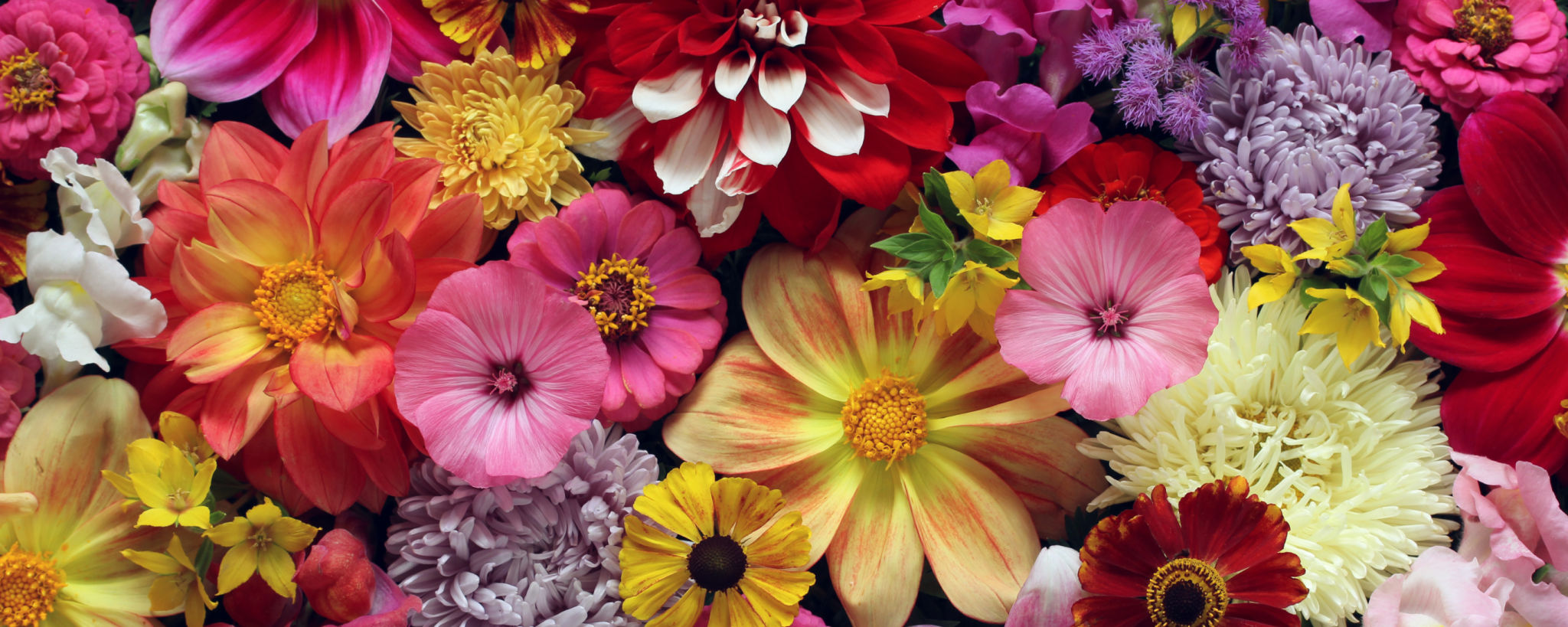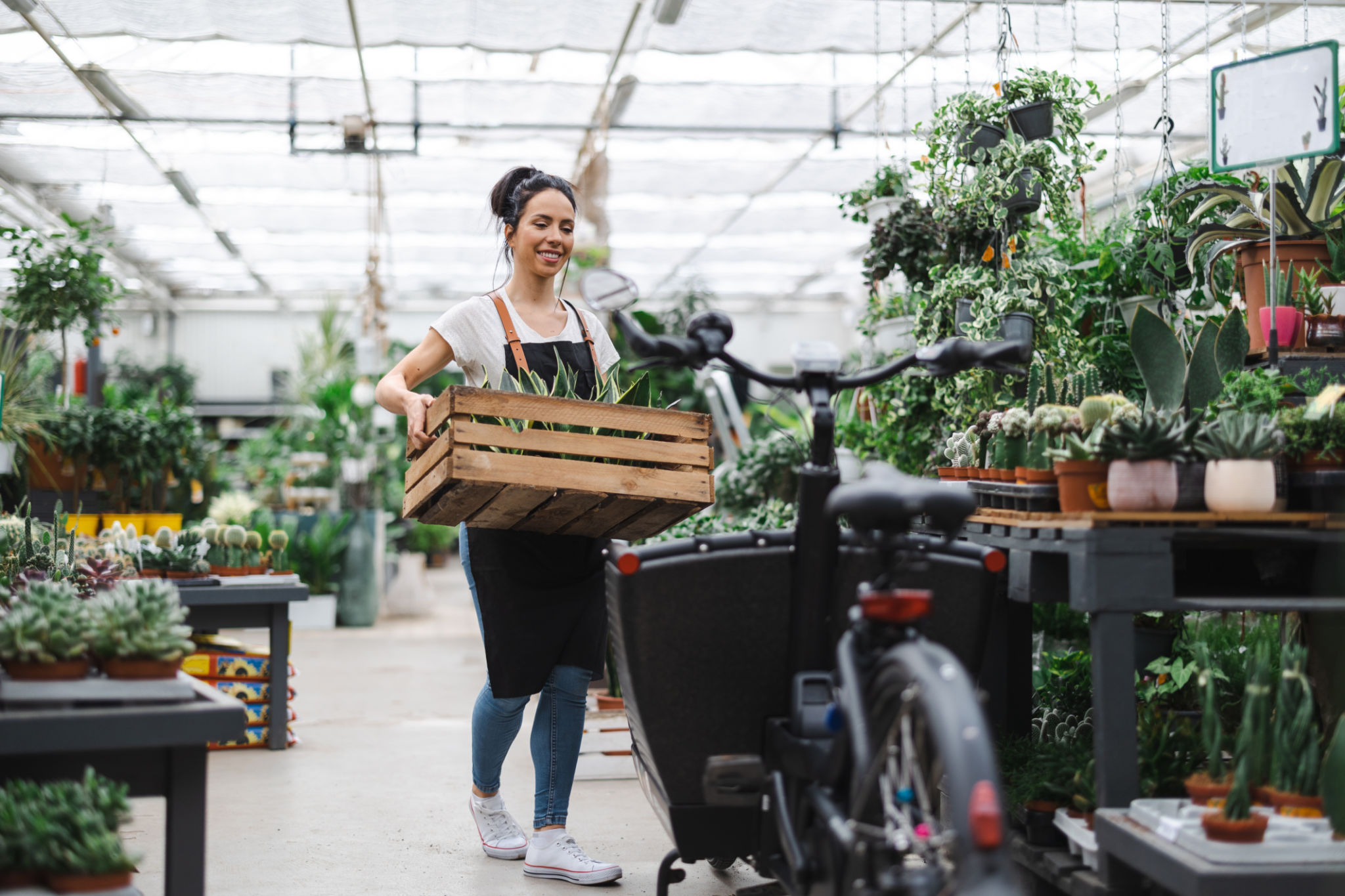5 Common Misconceptions About Eco-Friendly Floristry Debunked
Understanding Eco-Friendly Floristry
Eco-friendly floristry is gaining popularity as consumers become more conscious of their environmental footprint. However, with this increased interest comes a host of misconceptions. It's important to differentiate between myths and facts to truly embrace sustainable practices in the floral industry.

Misconception 1: Eco-Friendly Means Expensive
One of the most common misconceptions is that eco-friendly floristry is cost-prohibitive. While some sustainable practices may initially seem more costly, they often lead to long-term savings. For instance, using locally sourced flowers reduces transportation costs, and seasonal blooms often come with a lower price tag compared to imported varieties.
Moreover, eco-friendly florists frequently adopt reusable materials and recycling practices, which can further reduce expenses in the long run. Investing in sustainability might have an upfront cost, but it often pays off financially and environmentally.
Misconception 2: Limited Flower Selection
Another myth is that opting for eco-friendly flowers limits your choices. In reality, sustainable floristry opens up opportunities to explore a wide variety of local and seasonal blooms. By embracing what's available naturally, florists can offer unique and diverse arrangements that reflect the beauty of each season.

Additionally, sustainable practices encourage creativity. Florists can experiment with different textures and colors, using foliage and grasses that are often overlooked in traditional floristry.
Misconception 3: Less Vibrant Colors
Some believe that eco-friendly flowers lack the vibrancy of conventionally grown blooms. This isn't true. Organic flowers, grown without synthetic fertilizers or pesticides, often boast brighter and more vivid colors due to their natural growth processes.
Furthermore, eco-friendly florists are skilled in enhancing the natural beauty of flowers with sustainable techniques that highlight their vibrant hues without relying on chemical treatments.

Misconception 4: Shorter Lifespan
A common concern is that eco-friendly flowers don't last as long as those treated with preservatives. However, when cared for properly, sustainably grown flowers can have an equally long lifespan. Simple practices like changing the water regularly and trimming stems ensure longevity.
In fact, certain organic treatments and natural preservatives can extend the vase life of flowers without compromising their environmental benefits.
Misconception 5: Difficult to Source
Finally, many assume that finding eco-friendly florists or sustainably grown flowers is challenging. With the rising demand for sustainability, more florists are adopting eco-friendly practices, making it easier to find green options.

Online directories and local farmers' markets are excellent resources for locating suppliers who prioritize sustainable methods. As the industry continues to evolve, access to eco-friendly options is becoming more widespread and convenient.
By debunking these misconceptions, we can better appreciate the advantages of eco-friendly floristry. Embracing sustainable practices not only benefits the environment but also enriches our experience with nature's beauty.